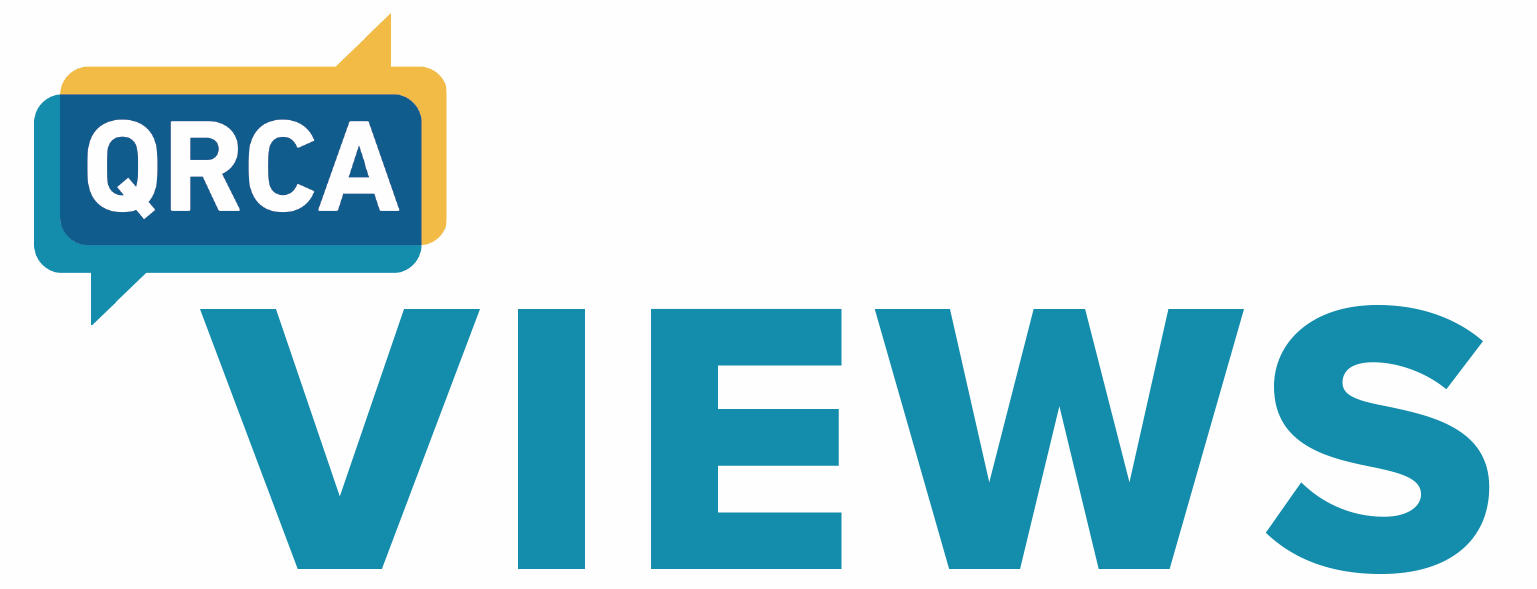One of our core activities as qualitative researchers is uncovering customers’ needs and identifying which needs our clients and their products can meet. However, COVID-19 has reshuffled the needs deck and brought to the fore safety needs that are toward the bottom of Maslow’s famed hierarchy of needs pyramid. While other needs are still important, for many people safety is the one that stands out once their basic physiological needs are met, which sadly can be an issue too these days. Our lives are riddled with uncertainty now as the scientific community continues to learn more each day about what is, as the name says, a novel virus.
The questions swirl around in our heads: How can we avoid putting ourselves and our families in harm’s way? What are the psychological impacts on our children of being cordoned off from their friends? Will I lose my job and the health insurance that comes with it? We need anchors in this chaos, and it may seem a lot to ask a brand to be one of those anchors, but brands can be stabilizing influences in people’s lives if done correctly.
Reassuring words and imagery in an eye-catching ad are not going to cut it alone in this brave new world unless they are accompanied by meaningful actions. As British consumer psychologist Paul Marsden said in a recent Forbes article (“Business as Unusual: Enduring Brand Strategies for Navigating Covid-19’s New Abnormal”), “This will be the stake in the heart of brand purpose [as a marketing message]. It’s clearly about action now.”
Forget about the empty shows of support for heroic frontline workers, which are forgotten soon after they’re seen. What consumers will long remember is how Ford, GM, and Tesla retooled some of their assembly lines to produce personal protective equipment for medical workers.
Another consumer psychologist, Kit Yarrow, argues on entrepreneurs’ website Good Company that, “When people feel wounded and fearful, we very naturally look for allies.” Yarrow points out that this is not only a short-term opportunity for companies, but also a longer-term chance to develop deeper, more meaningful relationships with consumers. Like Marsden, she said companies’ actions are the key. Or put more succinctly: show, don’t tell.
However, telling still plays an important role for companies that wish to communicate their good works, although getting the word out with the right tone can be tricky. Consumers have soured on the faux empathy of ads claiming that “We’re all in this together” that often begin with the clichéd phrase, “In these uncertain times.” Facebook Messenger’s TV ad that plays the Beatles song “All Together Now” in the background particularly annoys me and makes me forget that the app performs a vital function for people trapped at home.
So how should brands communicate how they are improving our lives? The answer: by getting real. If there’s a silver lining in this horrible mess in which we find ourselves, it’s that all the adversity and downtime have led each of us to reevaluate our values and what matters to us. As we try to be more authentic with ourselves and each other, we expect companies and brands to do the same. Rather than relying on lame clichés, brands like Apple and Dove powerfully communicate what they’re doing to support our country during this difficult time. Apple offers the hopeful message that we can still remain creative while confined to our homes in its Creativity Goes On campaign, and Dove’s Courage is Beautiful ad contains the names and images of real frontline health care workers, highlighting their strength and courage in the face of adversity. It closes by stating that Dove is donating to the organization Direct Relief to support these workers.
Another type of action companies can support to provide jittery consumers with reassurance is the self-affirming actions consumers themselves can take. Hillary Haley, PhD, SVP, executive director of behavioral science at California ad agency RPA, says in an article in online publication SmartBrief that people “want to feel like they ‘have agency,’ and they want to ‘do something about it.’ Because ‘doing something’ makes people feel strong and resilient—less like losers, more like winners. All of this is an intuitive response. It’s part of how humans survive.”
An example that Marsden gives of a company providing consumers with tools to help themselves and their families is LEGO® with its #ExplainedWithLego videos initially launched in fall 2019. These videos support parents suddenly cast in a role for which they have no formal training, that of teacher. Video subjects range from “Amazing Animal Facts” to “How Do Genetics Work?”.
Besides helping family members, Haley points to the emotional rewards of helping strangers, a contention that’s backed up by academic research. For example, a company that makes it easier for citizens to deliver food to hungry neighbors polishes the company’s public image while getting food into the hands of those who need it. It also helps people participate in an activity that makes them feel like they’re making a difference in the world rather than helplessly sitting by.
As qualitative researchers we must change our games. While the world has changed, we must change as well. While pre-pandemic we often went to great pains to understand the lived experiences surrounding people’s purchase decisions, we now must prioritize gaining an understanding of respondents’ life situations even more. While we’ll still want to be dispassionate listeners who take care not to lead, we would be remiss if our interviews didn’t explore the fear and uncertainty that is universally felt. By paying close attention to these anxieties, we may well uncover new opportunities for our clients to help alleviate them, while also helping clients figure out how to communicate their good deeds in an authentic manner.
Let’s use our research to do more than inform a product’s positioning or messaging development. Let’s use our research to tap into customers’ fears and uncertainty to assist companies in determining what they can do to help, not only what they should say. Maybe it’s time to change the name of our profession. One could argue that we limit the role we might play in this brave new world by calling ourselves marketing researchers. I honestly can’t come up with a better name that doesn’t sound clunky. Customer Empowerment Consultants? Maybe not, but you catch my drift.


Be the first to comment